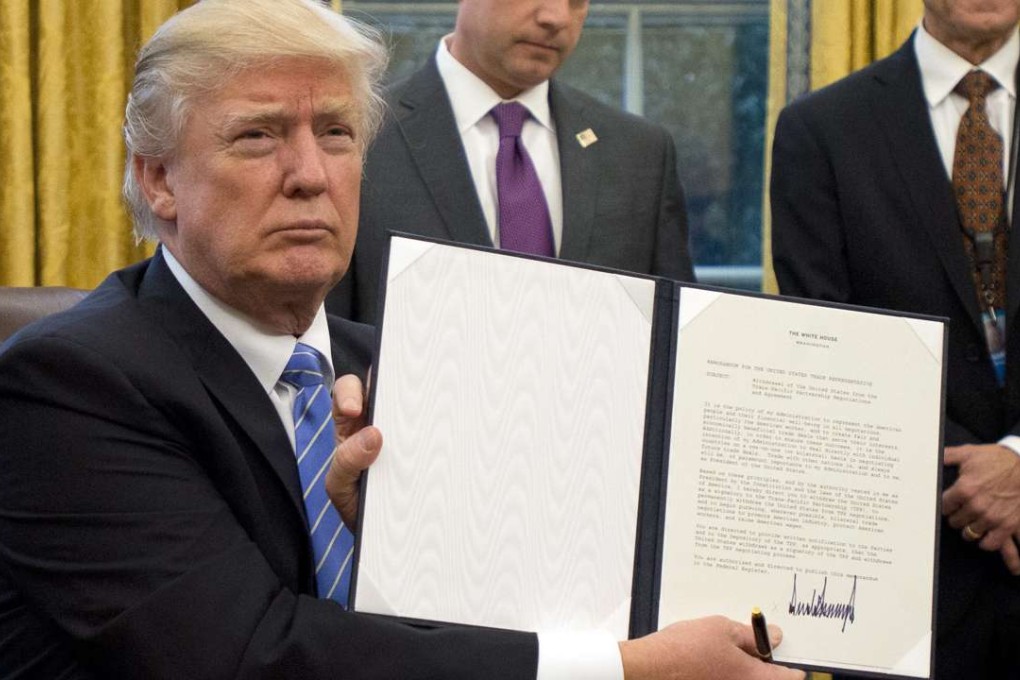Why Trump’s withdrawal from the TPP is a boon for China
US President Donald Trump yanked the United States out of a major Pacific trade deal Monday, making good on an election campaign promise and delivering a hammer blow to Asian allies

The move is a sledgehammer blow to former president Barack Obama’s attempt to recalibrate US foreign policy from the Mideast to Asia.
China is advocating for a 16-nation pact being led by Southeast Asian nations that lacks some of the environmental and labour protections Obama negotiated into the Trans-Pacific Partnership, and does not currently include the US.

Xi and other Chinese leaders are also looking to fill the US leadership vacuum, taking advantage of Trump’s protectionism to boost ties with traditional US allies like the Philippines and Malaysia.
“The US is now basically in a position where we had our horse, the Chinese had their horse - but our horse has been put out to pasture and is no longer running in the race,” said Eric Altbach, vice president at Albright Stonebridge Group in Washington and a former deputy assistant US Trade Representative for China Affairs.
